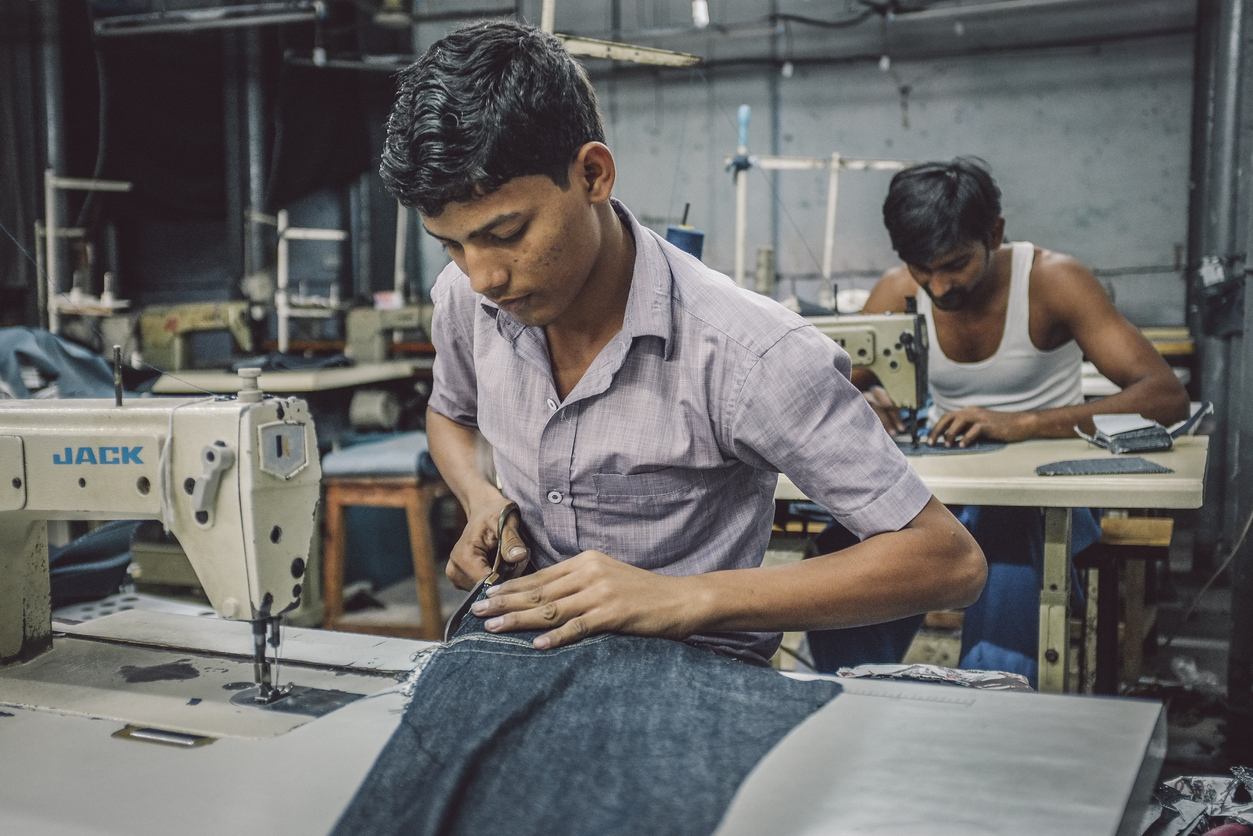
Govt disallows global tendering up to ₹200 crore in boost to MSMEs
Finance Minister Nirmala Sitharaman, on Wednesday disallowed global tendering up to ₹200 crore to help the Micro, Small & Medium Enterprises sector.

Taking a cue from the ‘self-reliant India’ call of Prime Minister Narendra Modi, Finance Minister (FM) Nirmala Sitharaman, on Wednesday (May 13), disallowed global tendering up to ₹200 crore to help the Micro, Small & Medium Enterprises (MSME) sector.
The FM was making the announcements on the first tranche of the ₹20-lakh-crore economic rejuvenation package unveiled by PM Modi the previous day.
With this decision, the players in the MSME sector can stave off ‘unfair’ competition from larger or global players who bid for projects in various sectors.
The decision will ensure that MSMEs get more opportunities to grab a pie in the Central and state governments’ procurement and work tenders under ₹200 crore.
An official document issued by the Government of India titled ‘Atmanirbhar Bharat’ (Self-reliant India) said requisite changes would be made to the General Financial Rules in this regard.
Related news | Due date for Income Tax returns extended to November 30, says Sitharaman
The Finance Minister said this step would help MSMEs increase their business base.
In the government’s bid to help MSMEs tide over the present slump, the government would ‘constantly monitor’ the settlement of dues by central public sector undertakings (CPSUs). The document also said ‘the receivables’ from the government and CPSUs would be released in 45 days.
The FM said e-market linkages would be promoted in COVID times as an alternative to trade fairs and exhibitions.
Also, fintech would be prudently used to extend transaction-based lending using the ‘data generated from the e-market place.’
Related news | Sitharaman announces 6 months extension for construction contracts
However, some believe that as far as science and technology is concerned, this move could end up being a draconian measure and particularly unsuited for the current scenario with the pandemic. Most high-tech equipment used in the domain of the sciences, particularly in biology — for example, RT-PCR machines that are used in testing for COVID-19, Internet of Things (IoT)-related devices, or the Raman spectrometer — are currently not manufactured in India.
This move is expected to be a disadvantage to Indian labs, research centres, and many other sectors, since it would cause a delay in procurement of equipment from an Indian manufacturer, and generate more issues regarding inadequate supply.
It is believed that this could potentially end up being a regressive move pushing the Indian economy back to the regime of Licence Raj — an elaborate system of licences, regulations, and consequently, red tape, that were required to set up and run businesses in India between 1947 and 1990.

